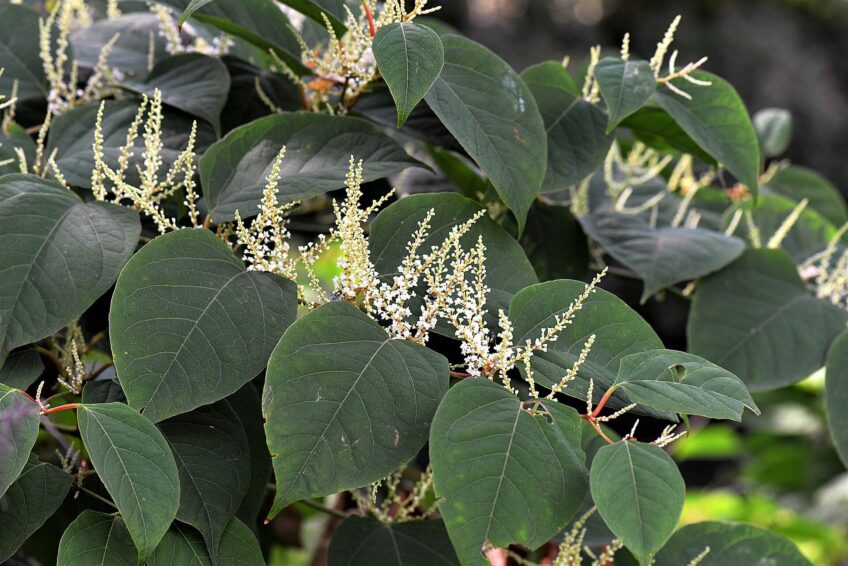When is a weed not a weed? When it’s Japanese Knotweed! All jokes aside, the Japanese knotweed plant is responsible for a growing number of arguments and disputes says Ross Pierrepont, a dispute resolution specialist at Tallents Solicitors.
What is Japanese knotweed and why is it a problem?

Ross Pierrepont
Introduced into the UK by the Victorians as a bamboo-like ornamental plant, Japanese knotweed has thrived due to its incredibly strong root systems which are strong enough to break through concrete, road surfaces and property foundations. Seemingly innocuous from above ground and dying off in winter, the root systems can grow down over 7ft (2.1m) and it is incredibly hard to eradicate as it can grow and flourish from the tiniest piece of stem or root.
It is particularly successful in spreading along roads and railway lines. A hybrid plant, Bohemian knotweed can also be a headache for riparian owners of waterways, as it thrives in moisture rich soil and can affect the flow of water through the land leading to disputes with landowners downstream.
As a homeowner, why should I be worried about Japanese knotweed?
Apart from the fact that Japanese knotweed can cause severe damage to your property, it can also affect the ability to sell your home, obtain a mortgage or property insurance. Failure to control it could also lead to a substantial fine or even prison, so this is not a problem that should be taken lightly.
What should I do if I have a Japanese knotweed problem?
If you do have Japanese knotweed on your property, then we recommend you seek specialist treatment for its removal and possibly legal advice right away as you may have a claim for compensation for any damage or devaluation, or for the costs of treatment. You may also need to consider whether any negligence in failing to treat Japanese knotweed quickly and effectively could lead to a claim against you under the Common Law of Nuisance.
If you think the Japanese knotweed has been introduced into your garden from a neighbouring property, then speak to them first to see what they are doing to control it.
If the Japanese knotweed was present on a property when you bought it, then you may have a claim against the previous homeowner for failing to disclose it, or the surveyor if they failed to spot its presence. You may even be liable as a tenant.
More recently, we are seeing disputes and claims against rail companies where they have failed to treat or remove Japanese knotweed effectively and pieces of the plant have spread along the railway lines into residential homes.
Can’t I just spray it with weed killer?
Under the Wildlife and Countryside Act 1981, it is an offence to cause Japanese knotweed to grow in the wild. This means that although it is not illegal to have the plant in your garden, you do have a responsibility to control it and prevent it from becoming a nuisance to neighbouring properties or land. Failure to do so means you could be prosecuted under the Anti-social Behaviour, Crime and Policing Act 2014, fined up to £5,000 or be sent to prison for up to two years.
If you do have Japanese knotweed on your property, then you should take action to control it right away. But because of its invasive qualities, it’s not a simple as spraying it with weed killer, says Ross.
Japanese knotweed plus the soil it grew in, is classified as controlled waste, so it’s advised that you contact a specialist company who understands the plant and how to treat and remove it safely and completely.
Settling disputes about Japanese knotweed
Our dispute resolution specialists at Tallents Solicitors are here to help homeowners and landowners who have been affected by Japanese knotweed with clear legal advice. We can also help you liaise with the specialists you will need to fully eradicate the plant. You can call our Newark office on 01636 671881 to make a confidential appointment.



